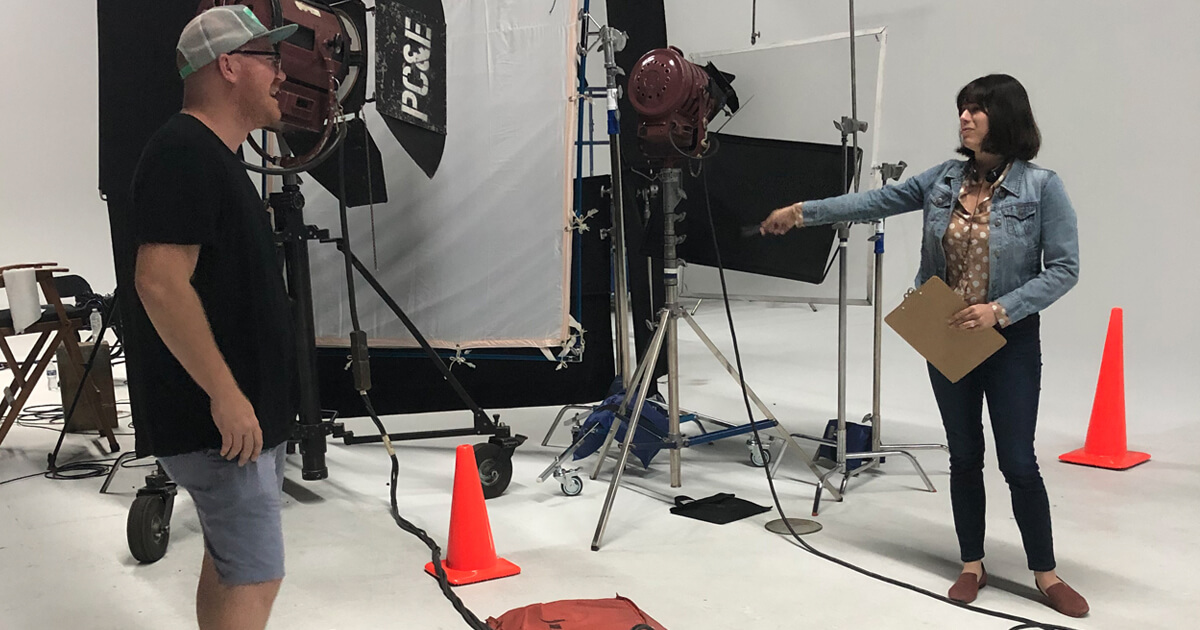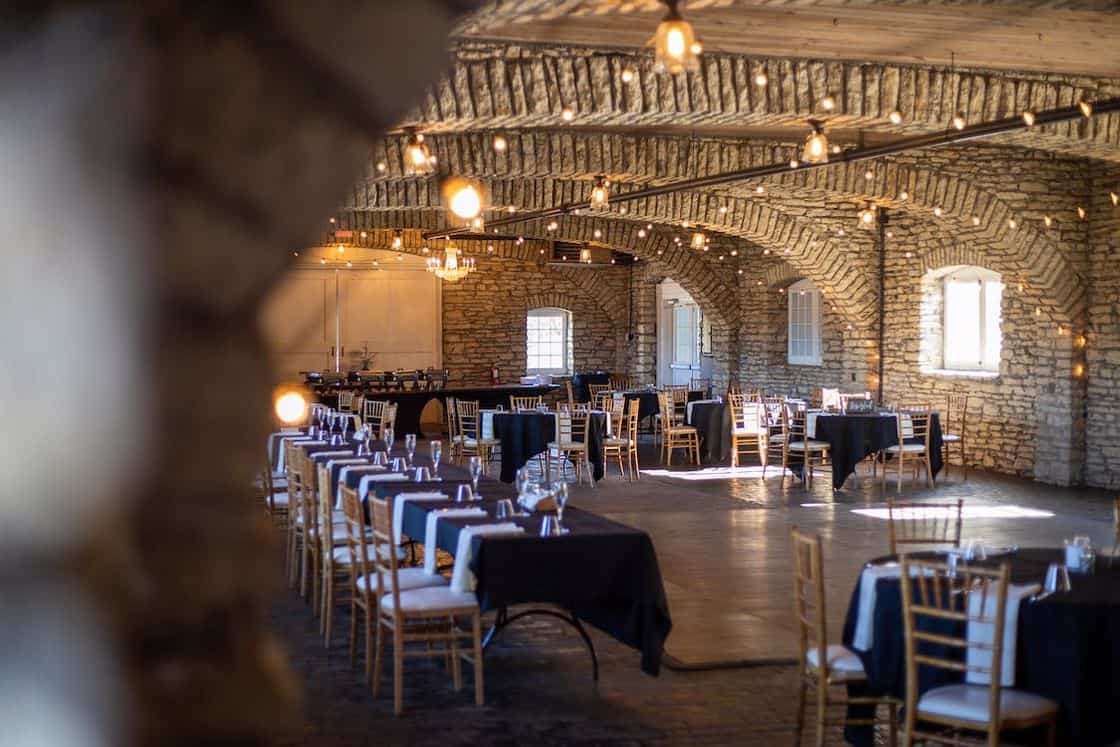Just How Event Production Works: A Comprehensive Look at the Refine
Event production is a complicated and structured process that requires mindful preparation and implementation. It starts with developing clear goals and comprehending the target audience. Each step, from budgeting to place choice, plays an essential duty in making sure success. As the process unfolds, numerous components should line up perfectly. The subtleties of this elaborate operation usually go undetected. What are the key phases that add to a memorable event?

The Initial Planning Stage
When beginning on event production, mindful preparation is important to guarantee a successful outcome. The initial drawing board works as the foundation for all subsequent initiatives. Throughout this stage, event producers should define the event's purpose and objectives plainly. Identifying the target market assists tailor the experience and messaging, assuring relevance and engagement.Producers have to likewise think about the event format, whether it be in-person, virtual, or crossbreed, as this will influence numerous logistical aspects. Selecting a suitable day and venue is vital, as it impacts accessibility and availability.Furthermore, constructing a reliable group is essential for dividing responsibilities and enhancing communication. Developing a timeline with turning points guarantees all jobs are completed on time. This stage involves detailed research study, consisting of determining potential challenges and devising strategies to alleviate risks. Eventually, a well-structured preliminary planning phase sets the tone for an effective event production trip.

Budgeting and Resource Allotment
In event production, efficient budgeting and resource appropriation are essential for success - event production charlotte. Developing financial parameters sets the foundation for all subsequent decisions, while source circulation methods assure that every component of the event is sufficiently sustained. With each other, these aspects assist maintain control over expenses and maximize making use of readily available resources
Establishing Financial Parameters
Establishing economic criteria is essential to the success of any kind of event production, as it sets the foundation for reliable budgeting and source allocation. This process starts with specifying the overall spending plan, which includes all elements of the event, including location costs, wedding catering, and marketing. By identifying readily available funds, event planners can focus on expenditures and allocate resources as necessary. Additionally, it is vital to carry out complete market research to expect possible costs and determine funding resources, such as sponsorships or ticket sales. Developing clear monetary criteria additionally help in risk administration, permitting planners to allot contingency funds for unforeseen costs. Eventually, a distinct budget plan functions as a roadmap, assisting the event production group towards accomplishing their objectives while keeping monetary control.
Resource Distribution Techniques
Reliable source distribution approaches are crucial for optimizing the effect of an occasion while adhering to spending plan restraints. Effective event production needs a thorough technique to budgeting and source allocation. Organizers must prioritize essential elements such as location, catering, and modern technology, making certain that funds are allocated to locations that enhance attendee experience. A comprehensive spending plan must detail anticipated expenses and identify areas for potential price financial savings, such as bargaining with vendors or exploring sponsorship chances. Furthermore, tracking expenditures throughout the planning procedure assists avoid overspending. By employing tactical resource circulation, event manufacturers can supply an unforgettable experience while keeping financial duty, eventually adding to the overall success of the event.
Location Selection and Logistics
Picking the right place is important to the success of any kind of event, as it establishes the stage for the total experience. Place option involves assessing different factors, consisting of capacity, availability, and location. Coordinators need to take into consideration the target audience and the nature of the event, ensuring the location straightens with the event's goals.Logistics play a substantial duty in this process, involving plans for seats, audiovisual devices, and catering services. An appropriate location should facilitate smooth flow for guests and team, boosting engagement.Additionally, assessing prospective locations for features like car parking, washrooms, and fire escape is crucial for security and benefit. The timeline for protecting the venue is additionally crucial, as preferred places may book quickly - event production charlotte. As a result, thorough planning and timely execution can ultimately add to a smooth event experience, making place choice and logistics essential components of effective event production
Innovative Concept Growth
While the place sets the physical phase, creative principle advancement shapes the event's identity and narrative. This process starts with determining the event's objective and target audience, allowing event manufacturers to create an engaging motif that resonates with guests. Brainstorming sessions often include varied viewpoints, promoting innovative ideas that line up with the event's goals.Once a theme is developed, blog here aesthetic components such as color schemes, signage, and decor are created to boost the general atmosphere. Storytelling strategies might additionally be integrated to create an interesting trip for individuals, guaranteeing an unforgettable experience. In addition, considerations regarding entertainment, tasks, and interactive parts are lined up with the selected idea, strengthening the theme throughout the event.Ultimately, efficient imaginative principle growth warranties that every facet of the event functions cohesively, leaving a long-term impact on guests and satisfying the event's goals. This foundational work lays the groundwork for subsequent preparation and implementation phases.
Collaborating With Vendors and Suppliers
Effective event production depends upon efficient partnership with vendors and distributors. Picking dependable partners, negotiating agreements successfully, and making sure timely distributions are essential steps in this process. Each of these variables adds significantly to the overall success and smooth implementation of an event.
Picking Reliable Partners
Just how can event coordinators guarantee a smooth production experience? Choosing reliable companions is important in attaining this goal. Event planners must perform complete research to determine vendors and vendors with a proven performance history of excellence. This consists of inspecting referrals, evaluating profiles, and evaluating client responses. Planners must prioritize partners that show expertise, timely communication, and a desire to collaborate. Building strong connections promotes trust fund and enables quick analytic during the event. Furthermore, it is beneficial to pick local suppliers that comprehend the venue and regional logistics. Ultimately, an effective event depends upon the synergy between planners and their companions, guaranteeing that every aspect of production runs smoothly and successfully.
Discussing Agreements Properly
Efficient settlement of agreements is an important action in the partnership between event organizers and their suppliers and suppliers. This process includes clear communication of assumptions, deliverables, and timelines. Coordinators need to carry out complete research on market rates and sector criteria to establish a baseline for negotiations. It is very important to develop a joint atmosphere, urging open discussion about terms, pricing, and try this web-site possible contingencies. Planners ought to additionally focus on understanding the vendor's abilities and limitations to align their demands properly. Flexibility can lead to mutually valuable arrangements, fostering lasting relationships. Crafting distinct contracts that consist of specific performance metrics can help ensure responsibility, inevitably causing successful event implementation and complete satisfaction for all parties entailed.
Ensuring Prompt Distributions
Timely distributions are essential for the smooth execution of any event, calling for thorough collaboration in between organizers and their vendors and distributors. Reliable interaction is crucial, as it helps establish clear assumptions concerning distribution schedules, quantities, and details needs. Planners usually create in-depth timelines to outline important milestones, making sure all events remain lined up throughout the procedure. Normal check-ins with vendors can assist determine possible hold-ups early, permitting for positive remedies. In addition, developing solid relationships with reliable suppliers promotes trust and accountability, which can cause much better solution and prioritization. By prioritizing these collective initiatives, organizers can reduce interruptions, therefore enhancing the general efficiency of event production and ensuring that all necessary products and services arrive as intended.
Advertising and Promo Approaches
While organizing an event, the success of marketing and promo strategies can considerably affect presence and involvement. Effective techniques usually consist of a mix of electronic advertising and marketing, traditional advertising, and grassroots outreach. Making use of social networks platforms enables for real-time interaction and targeted advertising, reaching certain demographics efficiently. Email advertising and marketing projects can better engage possible participants with individualized web content and reminders.Collaborations with influencers or sector leaders can likewise enhance trustworthiness and broaden reach. Developing engaging content, such as video Read Full Article clips or blog sites, aids to generate buzz and receive rate of interest leading up to the event. Furthermore, leveraging early-bird discount rates and exclusive rewards can incentivize ticket purchases.Promoting via conventional networks, such as posters or local media, stays appropriate, specifically in community-focused occasions. A comprehensive method that incorporates numerous methods assurances optimum exposure and interaction, ultimately adding to the event's success and the creation of a remarkable experience for attendees.
On-Site Implementation and Monitoring
On-site execution and administration are necessary parts that identify the overall success of an occasion. Effective sychronisation during the event assures that all aspects line up with the planned agenda. Event managers manage logistics, consisting of supplier coordination, tools setup, and visitor solutions. Keeping an eye on timelines and addressing any kind of unanticipated problems are basic for keeping a seamless experience.The staff plays a substantial role, as experienced employees are responsible for various tasks such as registration, details dissemination, and technical assistance. Interaction among staff member is crucial; it cultivates a joint environment and makes it possible for fast resolution of challenges.Additionally, security procedures should be followed, protecting the wellness of all attendees. Post-event analyses are likewise component of on-site monitoring, providing understandings for future improvements. By focusing on these elements, event producers can create memorable experiences that meet or surpass attendee assumptions while accomplishing the event's purposes.
Regularly Asked Inquiries
Exactly how Do I Pick the Right Event Motif?
Picking the ideal event style involves thinking about the target audience, event function, and venue. Researching current trends and collecting input from stakeholders can also influence creative ideas that resonate and develop a remarkable experience.

What Are Typical Blunders in Event Production?
Usual errors in event production frequently include insufficient preparation, inadequate interaction amongst group participants, budget plan mismanagement, overlooking to take right into account the audience's requirements, and stopping working to conduct a complete post-event evaluation for future renovations.
Just How Can I Gauge Event Success?
To measure event success, one can assess attendee contentment, involvement levels, spending plan adherence, and post-event feedback. Trick efficiency indicators, such as ticket sales and social networks communications, likewise provide valuable insights into total performance.
What Should I Do if It Drizzles on the Event Day?
In case of moisten the day, the coordinator needs to implement backup strategies, such as protecting camping tents or relocating activities indoors. Communication with attendees regarding modifications is important to assure a smooth experience regardless of weather condition difficulties.
Just How Can I Guarantee Participant Involvement Throughout the Event?
